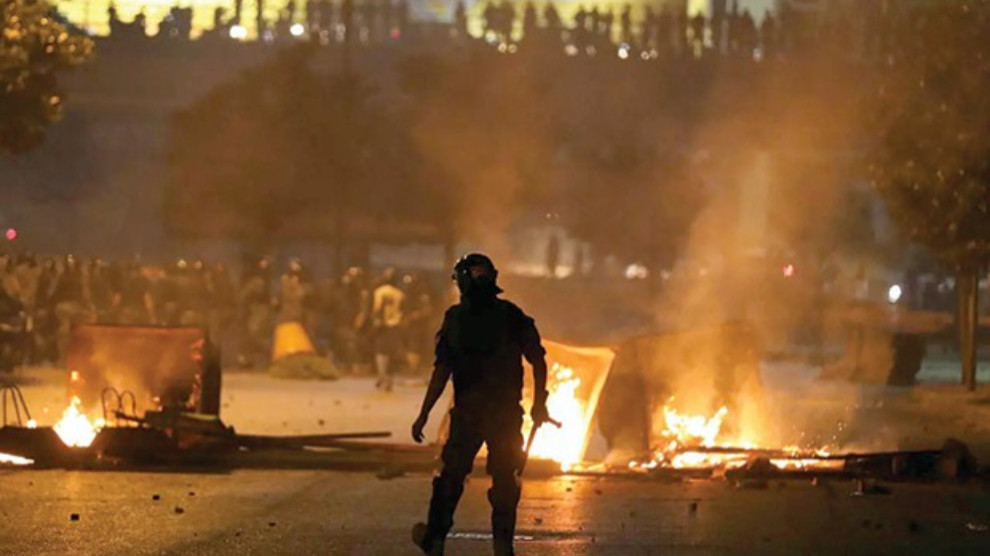Bachelet sounds alarm over Lebanon economic crisis
The Government estimates that, as of April 2020, 75 per cent of people are in need of aid.
The Government estimates that, as of April 2020, 75 per cent of people are in need of aid.

The UN High Commissioner for Human Rights Michelle Bachelet today warned of the crippling impact of the socio-economic crisis on Lebanon's population, and urged the Government, political parties and the financial sector to work together to ensure the protection of the poorest and most vulnerable.
Vulnerable Lebanese, in addition to other vulnerable groups such as refugees and migrant workers, are increasingly unable to meet their basic needs, she said. "This situation is fast spiralling out of control, with many already destitute and facing starvation as a direct result of this crisis," Bachelet said.
"The growing economic shocks, coupled with the outbreak of COVID-19, have touched all sections of society. Many have lost jobs, seen their life-savings evaporate before their eyes and lost their homes.
"And as is so often the case in such situations, it is the poorest and most vulnerable who suffer the most. Hundreds of families simply cannot afford to put food on the table. Their situation will only get worse as food and medical imports dry up as the depreciated Lebanese pound has greatly increased the cost of imported goods."
The Government estimates that, as of April 2020, 75 per cent of people are in need of aid. The acute economic downturn, alongside the COVID pandemic and containment measures, has also resulted in one in three Lebanese reportedly losing their jobs, and many more are likely to be pushed into the informal sector.
"Unemployment propels poverty and indebtedness," said Bachelet. "In a country with no unemployment benefits and fragile social security nets, an unemployment crisis has grave implications not only for the economy but for the very social fabric of the country."
Dissatisfaction with chronic mismanagement, corruption and political stalemates boiled over into street protests last October. The country is now teetering on the brink of economic collapse: since October the Lira has lost more than 80 percent of its value, thousands of businesses have closed and chronic power cuts have become the norm.
Among the most vulnerable are some 1.7 million refugees and 250,000 migrant workers. Many migrant workers have lost their jobs or not been paid, been left homeless, unable to pay for healthcare and unable to send remittances to their families back home.
"It is important during these difficult times that we re-evaluate how we treat migrants, including as workers," said Bachelet. "As we respond to this pandemic and the socio-economic crisis, we must include and protect everyone, regardless of their migration or other status."
The High Commissioner called on the country's political parties and leaders to enact urgently needed reforms, and to prioritize the provision of essential needs such as food, electricity, health and education. She further called upon the international community to increase its assistance to the Government to support such efforts.
"Without strengthened social safety nets and bolstered basic assistance to ease the pain caused by required structural reform, vulnerable Lebanese, migrant workers and refugees will be pushed further into poverty and extreme poverty," she said. "The alarm has been sounded, and we must respond immediately before it is too late."